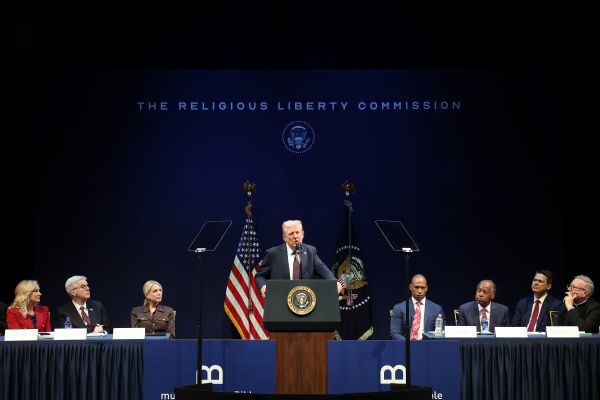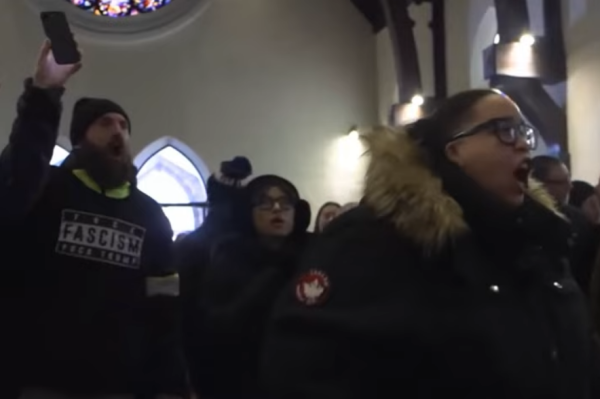Judge Scolds DOJ Over Obama's Seeming Disrespect of Judicial Branch
The Obama administration was questioned by the 5th Circuit Court of Appeals Tuesday after the president suggested that he would be perturbed if an "unelected" U.S. Supreme Court was to strike down parts of his health care bill.
Judge Jerry Smith said the president's comments "troubled a number of people" who take them as nothing but a challenge of authority between the three branches of government.
"Does the Department of Justice recognize that the federal courts have the authority in appropriate circumstances to strike federal statues because of one or more constitutional infirmities?" Judge Smith asked DOJ attorney Dana Kaersvang on Tuesday.
"Yes your honor," replied Kaersvang. "Of course, there would need to be a severability analysis but yes."
Smith then said he is referring to the statements Obama made earlier this week to the effect "that it is somehow inappropriate for what he termed 'unelected' judges to strike acts of Congress that have enjoyed – he was referring, of course, to Obamacare – what he termed broad consensus in majorities in both houses of Congress."
"That has troubled a number of people who have read it as somehow a challenge to the federal courts or to their authority or to the appropriateness of the concept of judicial review. And that's not a small matter," Smith continued. "So I want to be sure that you're telling us that the attorney general and the Department of Justice do recognize the authority of the federal courts through unelected judges to strike acts of Congress or portions thereof in appropriate cases."
Last week attorneys for the government attempted to make the case for the Affordable Care Act, also widely known as Obamacare, which mandates individuals have access to insurance. Based on the justices' questions, the lawyers' defense of Obamacare was not that convincing.
Under some intense questioning from Justice Anthony Kennedy, the government representatives appeared shaken, and in the opinion of many legal scholars, did not make their case as to why the court should not overturn the mandate.
On Monday, President Obama said, "Ultimately, I'm confident that the Supreme Court will not take what would be an unprecedented, extraordinary step of overturning a law that was passed by a strong majority of a democratically elected Congress."
"And I'd just remind conservative commentators that for years what we've heard is, the biggest problem on the bench was judicial activism or a lack of judicial restraint – that an unelected group of people would somehow overturn a duly constituted and passed law."
The president attempted to backpedal on Tuesday and softened his comments by saying:
"And the point I was making is that the Supreme Court is the final say on our Constitution and our laws, and all of us have to respect it. But it's precisely because of that extraordinary power that the Court has traditionally exercised significant restraint and deference to our duly elected legislature, our Congress. And so the burden is on those who would overturn a law like this."
A source in Washington who is familiar with the matter but asked not to be identified suggested that Obama may have been publicly chastising the court because he is privy to a private vote taken between the justices that indicates the law will be overturned.
"President Obama is angry and he made his outlandish statement for two reasons," said the source. "He is trying to motivate his liberal base and make the court look overzealous and foolish when their decision is announced in early summer."
Meanwhile, Judge Smith has demanded a response from Attorney General Eric Holder outlining the DOJ's exact position on the issue.
"I would like to have from you by noon on Thursday … a letter stating what is the position of the attorney general and the Department of Justice, in regard to the recent statements by the president, stating specifically and in detail in reference to those statements what the authority is of the federal courts in this regard in terms of judicial review," demanded Smith.
"That letter needs to be at least three pages single spaced, no less, and it needs to be specific. It needs to make specific reference to the president's statements and again to the position of the attorney general and the Department of Justice."





















